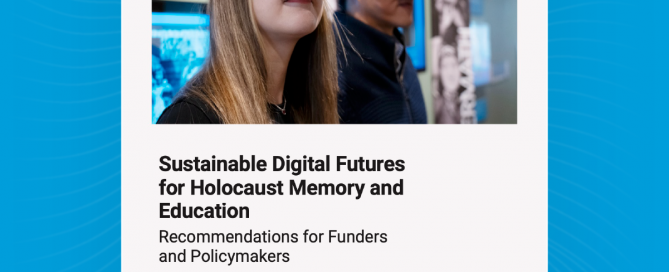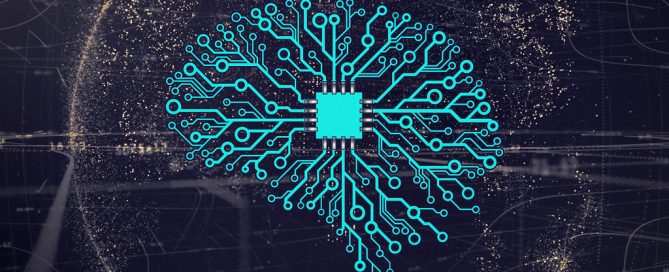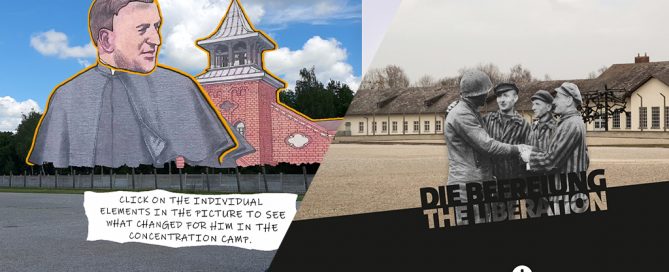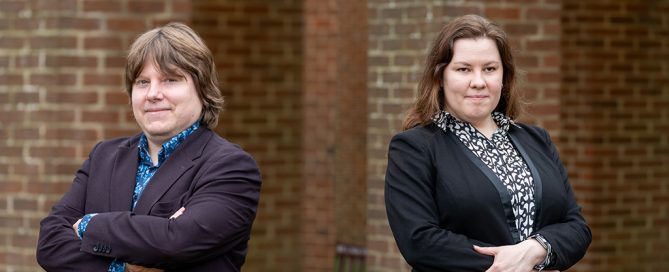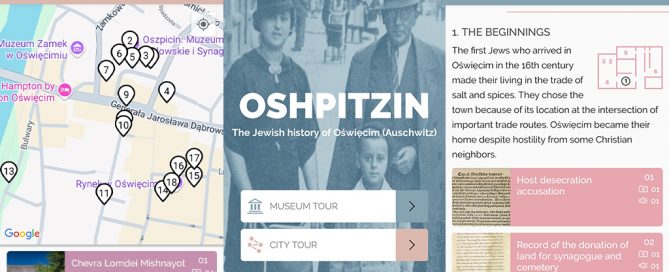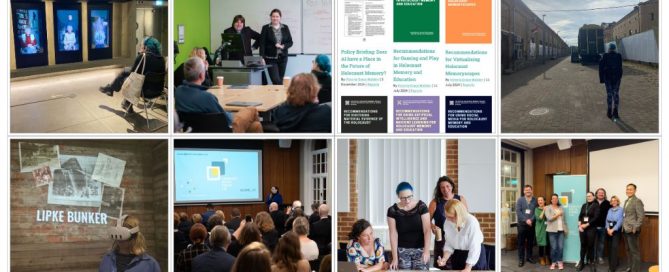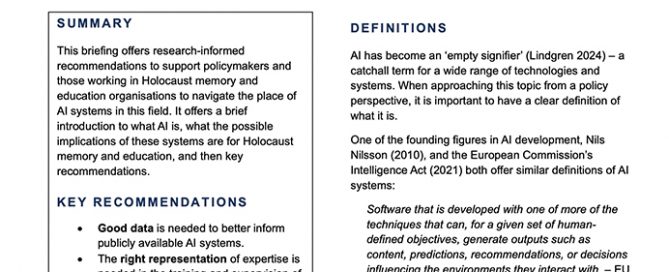Sustainable Digital Futures for Holocaust Memory and Education: Recommendations for Funders and Policymakers
This report is the accumulation of ideas explored in a workshop, held at the University of Sussex in June 2024. Read the full report here. Abstract Digital interventions have existed in Holocaust memory and education contexts since the 1990s. However, the term “digital” is still conceptualised, practiced and debated in both academic and professional circles as if it is a relatively new phenomenon. The effect of this means that besides the very largest of Holocaust museums and memorial sites, few have coherent digital strategies, appropriate digital infrastructure, or permanent digital expertise amongst their staff. This trend echoes through funding and policy circles. Where international work has leveraged the digital, such as through the European Holocaust Research Infrastructure, this has focused on public access to archival metadata and academic research audiences rather than public memory and education. Where specific funding for digital Holocaust memory and education exists, it tends to be project-focused, providing short-term investments which leave institutions searching for further funds, or projects being abandoned due to a lack of support for maintenance and impact analysis. To address this “sustainability crisis” in digital Holocaust memory and education, research has shown that interventions are needed at policy and funding, institutional, staff, [...]
